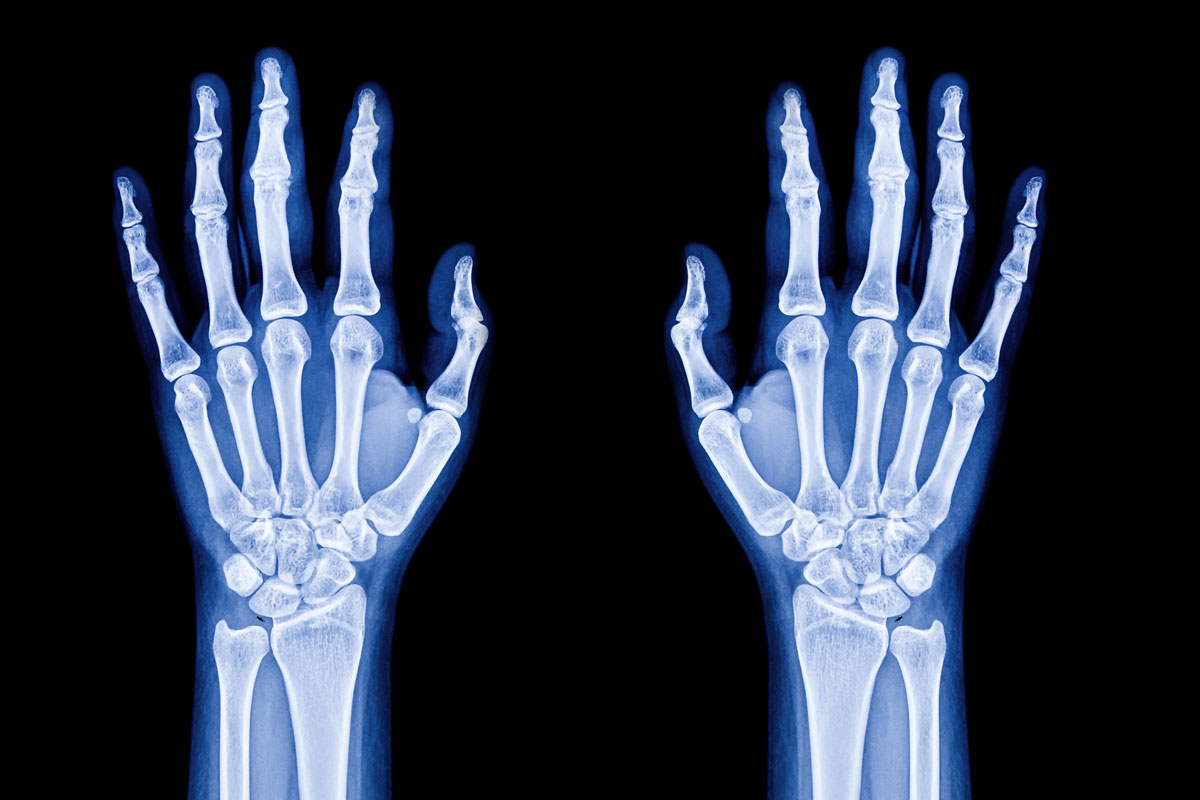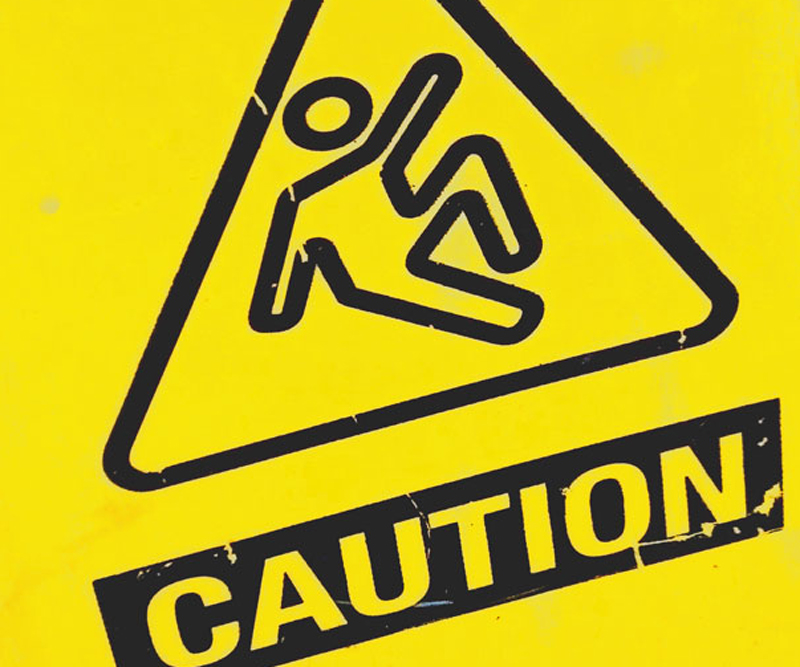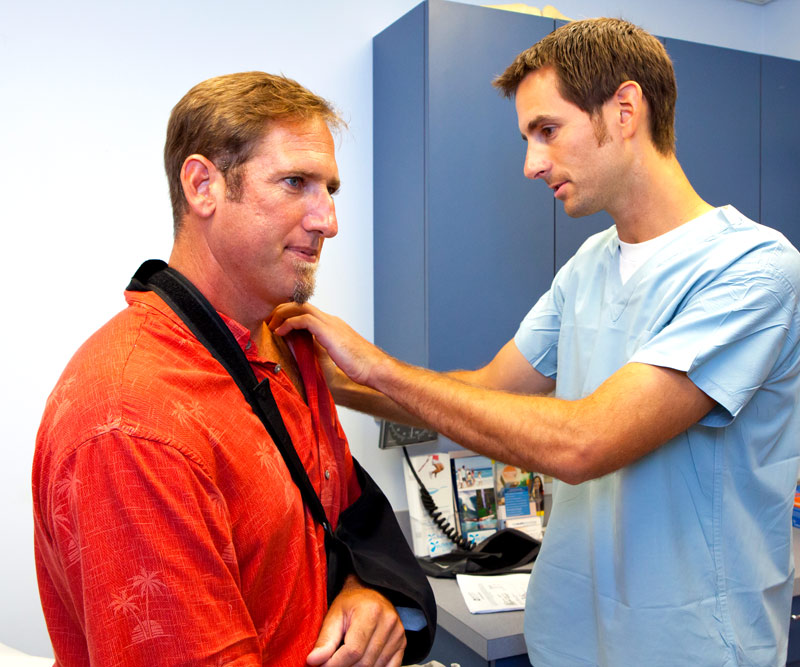
Give Yourself a Hand: Prevent Common Hand and Finger Injuries with These Tips
We use our hands everyday – there’s no avoiding it – but are there certain lifestyles or behaviors that can make a person more susceptible to hand, finger and wrist injuries?
“People with active lifestyles – those who frequently play sports, hike, surf and so on – tend to be more susceptible to orthopedic injuries in general, and particularly of the hand,” says Dr. Alyssa Carnegie, a board-certified orthopedic surgeon at Kauai Medical Clinic who specializes in surgery of the hand and upper extremity.
“Despite the potential increased risk of accidents and injury, staying active is an important part of a healthy lifestyle, so I wouldn’t recommend changing those behaviors. I do, however, recommend seeking prompt evaluation of moderate and serious injuries by a doctor to assess damage and plan a recovery approach,” Carnegie says.
Carnegie reports seeing a high volume of fractures and finger lacerations in patients at the Wilcox Bone & Joint Center.
“Most of these are due to hiking accidents, sporting activities, car accidents, or simple slips and falls onto the hand or wrist,” Carnegie says. “I often see patients who ‘jam’ their fingers and think that they have just sprained the finger, and delay medical attention. Unfortunately, these may be more serious injuries, such as fractures.”
To prevent injury, Carnegie recommends the following:
- Bone up on bone health. “Osteoporosis prevention is an important focus in the aging population and can help decrease the chance of sustaining a fracture from a simple fall,” Carnegie says.
- Use extra care when cutting food or performing yard work. Simple practices can significantly reduce the risk of accidental injury.
- Get an ergonomics evaluation of your workstation if you perform repetitive activities such as typing or filing. Take periodic breaks to rest the hands. Performing stretching exercises can be helpful.
- Don’t ignore your body or try to push through the pain. Seek a medical evaluation if the pain does not improve after resting the limb.
“Your hands are critical to functioning in everyday life; it’s important to take care of your hands and not ignore problems as they arise,” Carnegie says. “Take the time to have any problems evaluated to help avoid more serious issues and future complications.”
Published on: February 19, 2016




